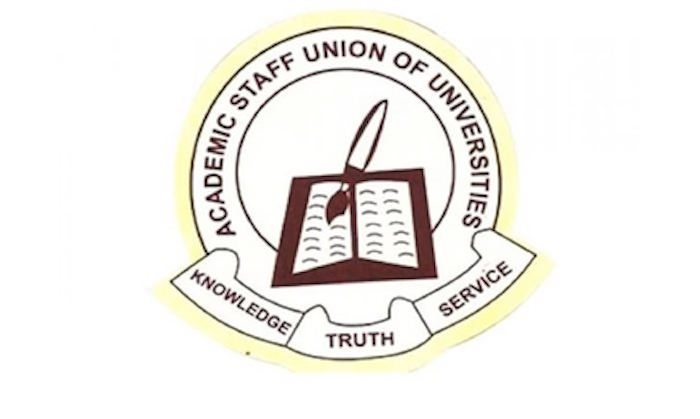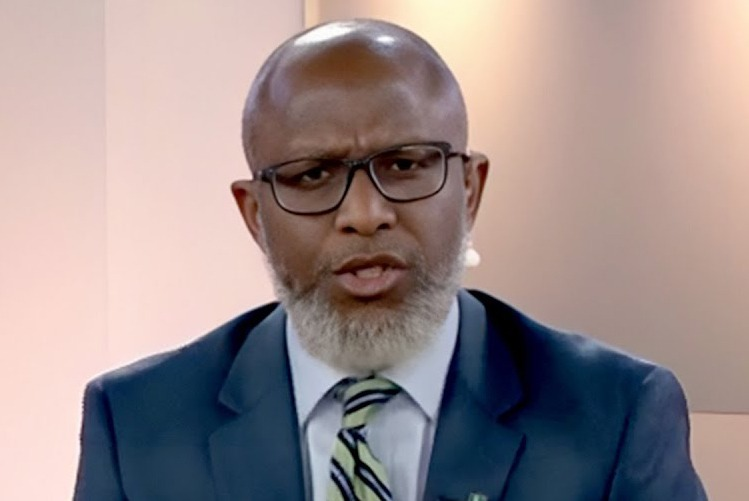The Academic Staff Union of Universities (ASUU) has expressed concern over the poor welfare of public university lecturers, attributing it to the reluctance of qualified professionals to join the university system. Prof. Ayo Akinwole, the University of Ibadan (UI) ASUU Chairman, made this assertion in a New Year message to journalists in Ibadan.
Akinwole noted that the education sector’s challenges extend to primary and secondary schools, where inadequate pay discourages qualified teachers from taking up roles. “The result is an influx of untrained and unqualified teachers in public schools, while private schools, charging exorbitant fees, remain out of reach for the poor,” he said.
Highlighting the stagnation experienced in the university system in 2024, Akinwole praised the sacrifices of lecturers for preventing industrial crises amid the Federal Government’s alleged lack of commitment to addressing their plights.
He criticized the allocation of only 7% (N3.52 trillion) of the 2025 national budget to education, far below the 15–20% recommended by UNESCO and the United Nations Fund for Population Activities (UNFPA) for underdeveloped nations.
While commending the Federal Government for forming a committee to renegotiate the 2009 FGN/ASUU agreement, Akinwole warned against repeating the delays witnessed under previous administrations. He urged the Tinubu-led government to review and sign the draft agreement prepared by the Nimi Briggs-led committee in 2021, emphasizing that it would demonstrate goodwill and commitment to public universities.
Akinwole also condemned President Bola Tinubu’s plan to eliminate TETFUND under the new tax administration bill, warning that this decision would jeopardize critical infrastructure funding for tertiary institutions. “This policy will severely harm Nigeria’s university system and attempt to commodify education,” he stated.
Setting an agenda for 2025, Akinwole called on the President to prioritize the welfare of workers in the education sector, particularly in light of the economic challenges and high cost of living that have eroded workers’ conditions of service.
“Improving the welfare of education workers is key to the revitalization of the sector and the nation’s overall development,” he concluded.



























